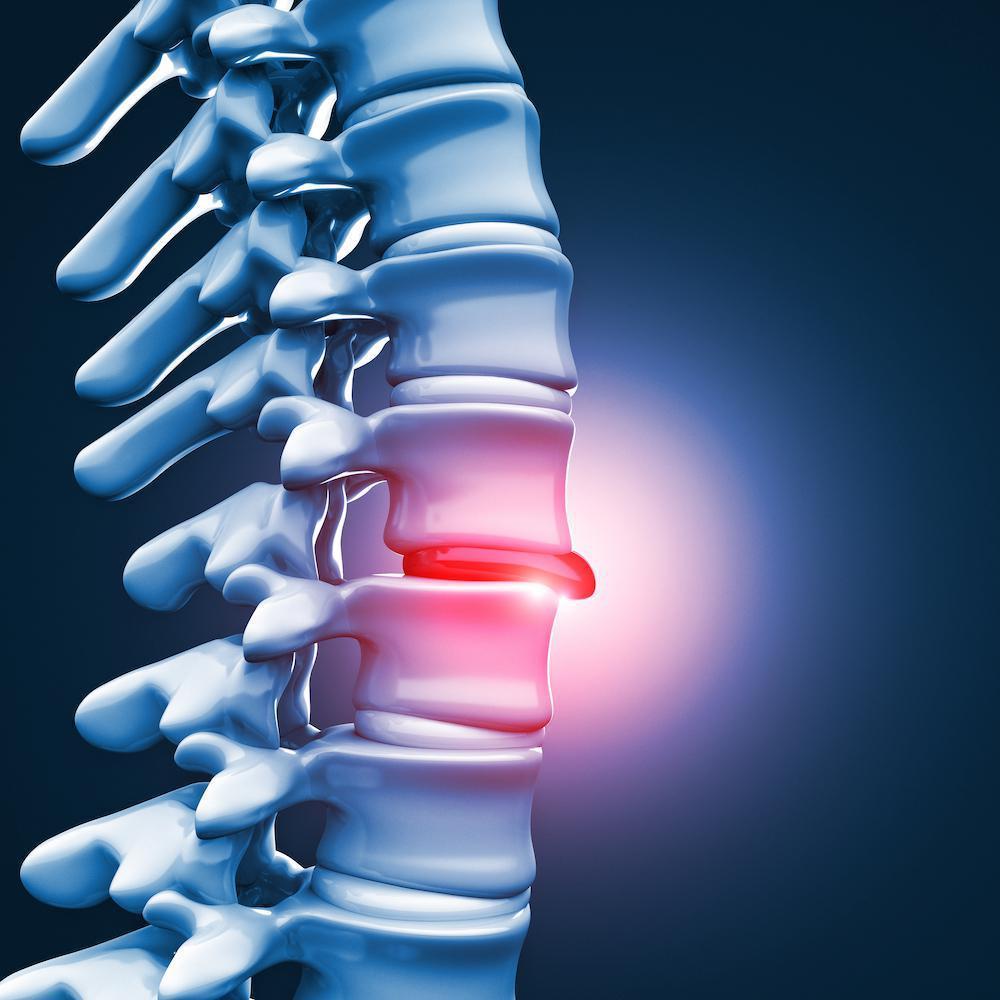
Warning Signs You Have a Herniated Disc

Back pain is a misery and one of the most common causes of missed work days. While there are many reasons why your back might hurt, herniated discs are a common culprit.
Intervertebral discs are cushions in your spine that absorb shock as you run or walk. However, if the soft center of the disc breaks through the harder exterior shell of your disc, it can cause pain, especially if the softer inner gel presses on your nerves.
As a fellowship-trained orthopedic spine surgeon, Dr. John Regan understands the complexities of back pain and wants you to know that you don’t have to suffer from back pain in silence. At Spine Group Beverly Hills in Beverly Hills, California, we can help treat your herniated disc as soon as possible.
Below, we share the top warning signs of a herniated disc so you can get a good idea when you need to reach out for help.
Warning signs of a herniated disc
Herniated discs can cause mild-to-severe symptoms. In mild cases, you might just feel a nagging sensation on your back.
You might suspect you’re dealing with a disc herniation if you experience any of the following symptoms:
- Lower back pain when you walk
- Pain that shoots down your leg
- Pain that worsens after sleeping or sitting
- Pain in your upper back (if the herniation occurs in your thoracic spine)
- Numbness down one leg
- Weakness in either of your legs
- Tingling (pins and needles sensation) in your hips and/or legs
In many cases, herniated discs are due to general wear and tear, but it’s not the only cause of herniated discs. Many of these symptoms can also be caused by other conditions, so it’s important to get an accurate diagnosis before embarking on any treatment plan.
You can also herniate a disc if you lift heavy objects without proper lifting technique, have a physically demanding job, or twist your spine quickly. Overweight individuals also have a higher risk of developing slipped discs because their spines must carry the extra weight, and that can put too much strain on the back.
When you arrive for your appointment, Dr. Regan reviews your medical history, performs an exam, and reviews your symptoms. We also review any necessary diagnostic tests including x-rays, MRIs, CTs, myelograms, and nerve conduction studies to provide further information about your spine.
What happens after you spot the warning signs?
If Dr. Regan diagnoses a herniated disc after a comprehensive exam and consultation, he reviews your treatment options with you. For many people, conservative therapies are enough to help them find relief.
Non-surgical treatments available at Spine Group Beverly Hills include:
- Medication, including over-the-counter and prescription pain medications
- Gentle stretches
- Lifestyle modifications, including sleeping in a spine-friendly position and avoiding any positions that hurt your back
- Steroid injections to reduce pain and inflammation
If your pain doesn’t improve with conservative measures, Dr. Regan may recommend surgery to replace your disc.
Identifying the warning signs is your first step to finding relief, whether that’s through conservative measures or surgery. Learn more about your potential treatment options for herniated discs. Book an appointment with Dr. Regan here at Spine Group Beverly Hills through our online contact form or by calling us at 424-238-3281.
You Might Also Enjoy...


New Year, New You: 3 Resolutions for a Healthier Spine in 2026

Survival Tips for Holiday Travel With Back Pain: 5 Survival Tips

4 Reasons You May Need Disc Replacement Surgery

What Causes Radiating Back Pain?


